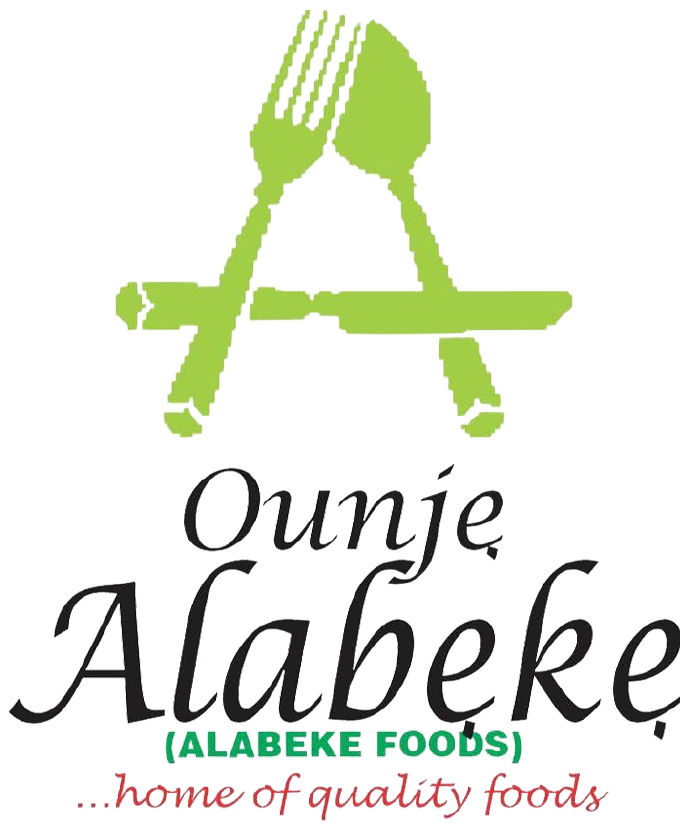Why Finishing All the Food on Your Plate Matters

Photo Credit: Toa Heftiba
Most of us have been taught from childhood not to waste food. But beyond this cultural norm or parental admonition, here’s why finishing all the food on your plate matters.
Gratitude and Awareness
Finishing all the food on your plate shows you acknowledge the harsh reality of food insecurity for millions across the globe. It reminds us of the privilege we have in having access to nourishing meals. The key is to extend gratitude for the meal and to avoid wasting food whenever possible.
Honoring Resources
From the water and energy required to grow crops to the labor invested in harvesting and transporting them, every morsel of food represents valuable resources. Also, some cultures associate finishing all the food on your plate as an appreciation of the effort put into preparing it. So, leaving food uneaten on your plate might be considered squandering the resources invested in producing it.
Mindful Eating
Emptying all the food on your plate encourages mindful eating practice. It prompts you to pay attention to your body’s signals of hunger and satiety. This encourages you to savor each bite as well as appreciate the flavor and texture of your meals. By being mindful of how much you eat, you can better regulate your portions and maintain a healthier relationship with food.
Reducing Food Waste
Finishing all the food on your plate can be seen as good manners because it avoids contributing to food waste. By making a conscious effort to finish food, we help combat food waste and its associated environmental, social, and economic impacts.
It is important to note that it is considered polite in some cultures to leave a small amount of food on your plate. This indicates that you’re satisfied and not overindulging. On the other hand, leaving some food might subtly signal that you’re open to being offered more if others aren’t finished yet. So finishing all the food on your plate isn’t inherently good or bad manners, but it depends on the context and cultural norms involved. Ultimately, be considerate of your host or the person who prepared the meal while being mindful of your own hunger cues and dietary preferences.
Setting
There are cases when it is perfectly acceptable to leave some food uneaten. For instance, you’re expected to leave some amount of food uneaten in formal settings. Other situations include when you are already full or if the portion size is excessive. In casual settings, however, finishing all the food on your plate is often acceptable.
Practical Tips for Emptying Plates
- Portion Control: Endeavor to serve yourself smaller portions to avoid overloading your plate.
- Save for Later: Whenever you’re unable to finish a meal, properly store leftovers for another time.
- Share and Donate: Consider sharing with family, friends, or neighbors, or donating to local food banks or shelters.
Beyond adhering to social norms or avoiding admonishment, finishing all the food on your plate is a practice rooted in gratitude, mindfulness, and resourcefulness. So endeavor to savor each bite of your meal, including the healthy dishes of Ounje Alabeke, and strive to leave no plate unfinished.
